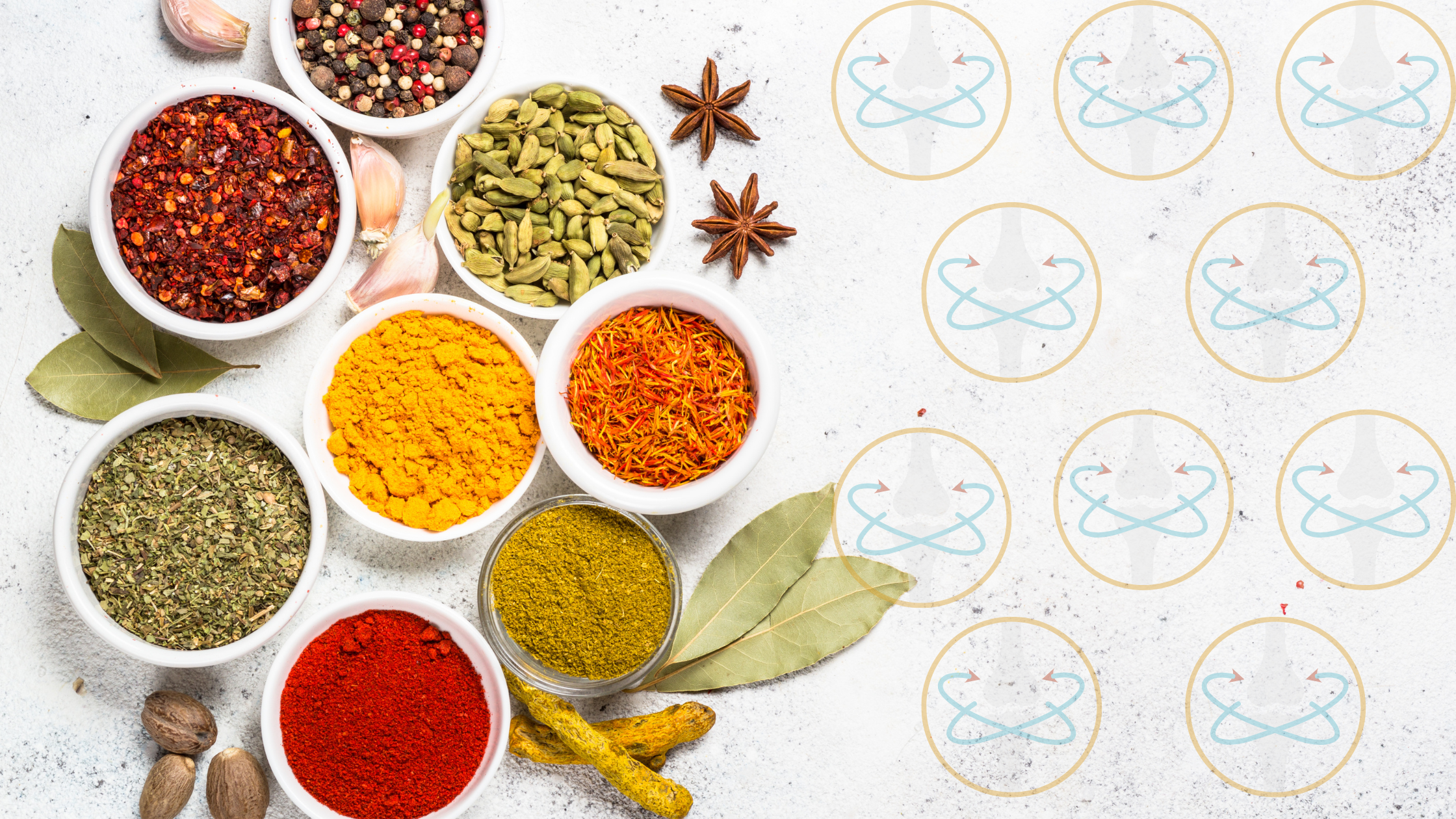
Beating Joint Pain: The Best Herbs To Improve Your Joints
Joint pain is a common ailment that affects millions worldwide, hindering daily activities and diminishing quality of life. Whether it’s the sharp ache of arthritis, the stiffness of ageing joints, or the discomfort of an old injury, joint pain can feel like an insurmountable challenge. While conventional treatments are available, many individuals seek natural alternatives to alleviate discomfort and promote joint health. Herbal remedies, with their long-standing use in traditional medicine, offer promising benefits for joint care.
In this article, we will explore the importance of maintaining healthy joints, the prevalence of joint-related diseases, and delve into seven herbs renowned for their positive impact on joint health, supported by scientific research.
Prevalence of Joint-Related Diseases
Joints are the connections between bones, facilitating movement and providing structural support. Healthy joints are essential for mobility, balance, and overall physical function. When joints are compromised due to injury, inflammation, or degeneration, it can lead to pain, stiffness, and reduced mobility. Conditions such as osteoarthritis (OA) and rheumatoid arthritis (RA) are prevalent joint disorders that significantly impact individuals' lives.
Osteoarthritis is the most common form of arthritis, affecting millions globally. It involves the degeneration of cartilage—the protective tissue at the ends of bones—leading to pain, swelling, and decreased joint motion. Rheumatoid arthritis, an autoimmune disorder, causes the immune system to attack the joints, resulting in inflammation and joint damage. The high prevalence of these conditions underscores the need for effective management strategies, including lifestyle modifications and natural interventions.
Seven Herbs to Improve Joint Health
1. Curcumin (Turmeric)
Curcumin is the active compound found in turmeric (Curcuma longa), a spice widely used in Asian cuisine. It possesses potent anti-inflammatory and antioxidant properties, making it beneficial for joint health. Curcumin inhibits inflammatory pathways and reduces the production of pro-inflammatory cytokines, thereby alleviating joint pain and stiffness. Studies have shown that curcumin supplementation can lead to significant improvements in symptoms of osteoarthritis and rheumatoid arthritis.
Research shows that curcumin can be as effective as ibuprofen in reducing pain and improving function in patients with knee osteoarthritis. Research also shows that curcumin has the ability to modulate immune responses and reduce oxidative stress, both of which are crucial for joint health.
2. Boswellia Serrata (Indian Frankincense)
Boswellia serrata is a resinous botanical known for its anti-inflammatory effects. It works by inhibiting the 5-lipoxygenase enzyme, which plays a role in the formation of leukotrienes—compounds that cause inflammation. Clinical studies have demonstrated that Boswellia extract can reduce pain and improve joint function in osteoarthritis patients.
3. Ginger
Ginger is another anti-inflammatory herb that has shown promise in alleviating joint pain. Its bioactive compounds, such as gingerols and shogaols, inhibit the production of inflammatory cytokines and prostaglandins.
Research indicates that daily consumption of ginger extract can modestly reduce pain and disability in individuals with osteoarthritis. A study in the Arthritis & Rheumatology journal shows that ginger extract reduces pain and stiffness in patients with osteoarthritis.
4. Willow Bark
Willow bark has been used since ancient times to relieve pain and inflammation. It contains salicin, a compound similar to aspirin, which inhibits COX enzymes and reduces inflammation. Some studies suggest that willow bark extract can reduce pain in osteoarthritis patients, although more research is needed to confirm its efficacy.
A 2023 study found that willow bark extract was effective in reducing pain in patients with osteoarthritis. Research also confirms its anti-inflammatory and analgesic properties.

5. Devil's Claw
Native to southern Africa, devil's claw (Harpagophytum procumbens) is renowned for its anti-inflammatory and analgesic properties. It contains harpagoside, which may suppress inflammatory responses. Some evidence suggests that devil's claw can alleviate pain and improve physical functioning in individuals with osteoarthritis.
6. Cat's Claw
Cat's claw (Uncaria tomentosa) is a tropical vine found in the Amazon rainforest. It has been traditionally used to reduce inflammation. Some studies have shown that cat's claw can reduce joint swelling in rheumatoid arthritis patients. However, individuals taking blood thinners or those with certain medical conditions should consult a healthcare provider before using cat's claw due to potential side effects.
7. Chamomile
Chamomile (Matricaria chamomilla) is commonly used in herbal teas and has anti-inflammatory properties. The dried flowers of chamomile have been used historically to treat rheumatic pain and inflammation. Chamomile is recognized as safe by the FDA and can be consumed as a tea or applied topically to relieve joint pain.

Conclusion
Incorporating these herbs into your daily routine may offer natural relief from joint pain and support overall joint health. However, it's essential to consult with a healthcare professional before starting any new supplement, especially if you have existing health conditions or are taking other medications. Combining herbal remedies with a balanced diet, regular exercise, and other healthy lifestyle practices can contribute significantly to maintaining healthy joints and improving quality of life.
For those seeking a convenient way to support joint health, Flexa Plus by Route2Health offers a blend of clinically tested herbs and vitamin D. Each tablet contains Boswellia serrata extract , turmeric extract, and vitamin D3, formulated to strengthen joints, muscles, and tendons. Incorporating Flexa Plus into your daily regimen may help reduce inflammation, relieve joint pain, and improve mobility.
FAQs
1. What is the recommended dosage of curcumin for joint health?
Studies suggest that a daily intake of 500 to 1,000 mg of curcumin can help reduce joint pain and inflammation. However, it's essential to consult a healthcare provider for personalized advice.
2. Can herbs really help with joint pain?
Yes, many herbs have anti-inflammatory and analgesic properties that can reduce joint pain and improve mobility.
3. How long does it take for herbal remedies to work?
It varies, but most people notice improvements within 4-6 weeks of consistent use.
4. Are there any side effects of using herbs for joint pain?
Most herbs are safe when used as directed, but it’s always best to consult a healthcare professional, especially if you’re on medication.
5. Can I take multiple herbs together?
Yes, many herbs work synergistically, but consult a healthcare provider to ensure safety and efficacy.























































